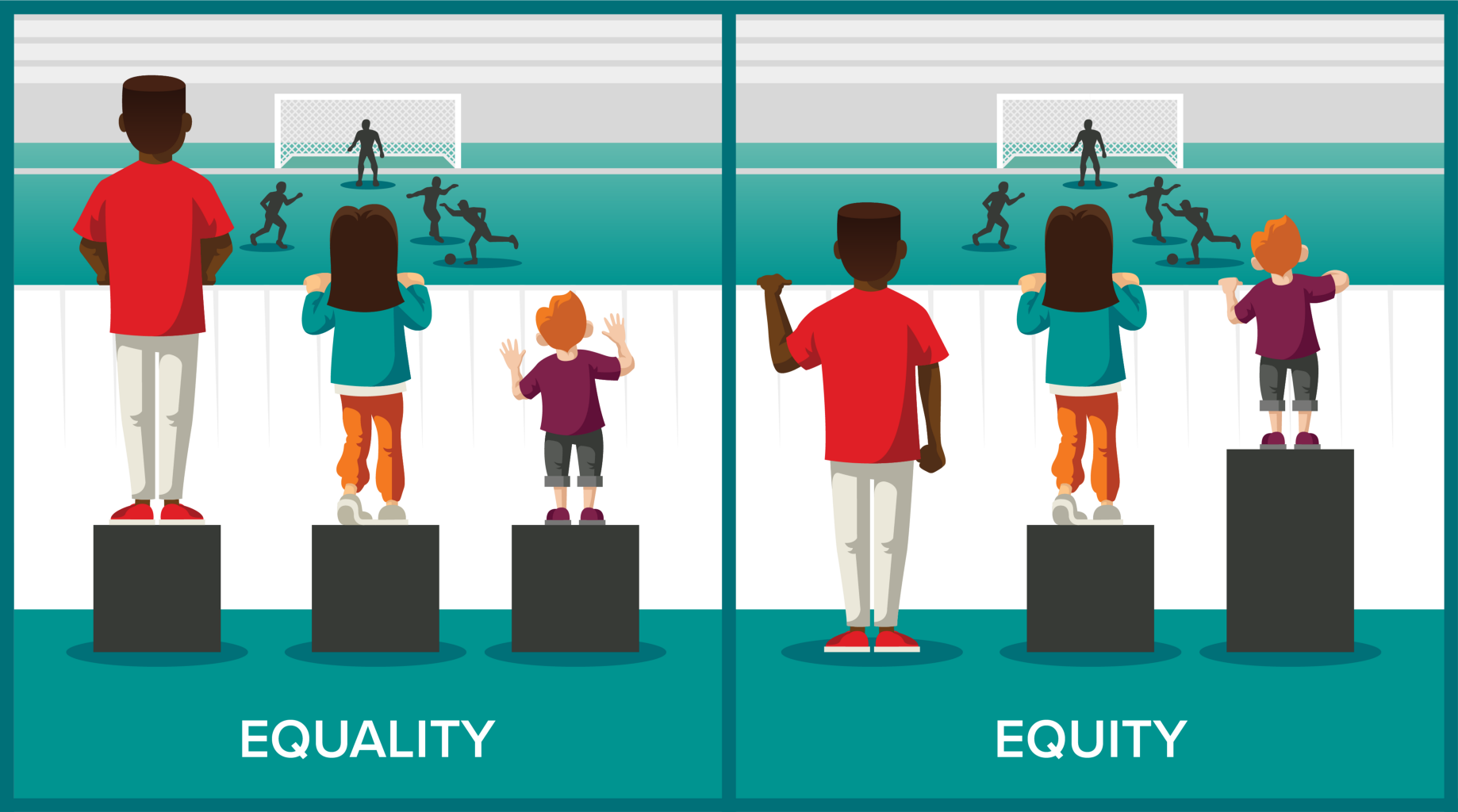
Pursuing educational equity through free tutoring
By Hannah Miet
There’s no sugarcoating it: the disruptions to normal life caused by the pandemic have intensified already vast educational disparities.
At the end of the 2020-21 school year, students across the country were an average of five months behind in math and four months behind in reading, according to McKinsey. For students in low-income families, it was worse. These students were an average of seven months behind in math, and six months behind in reading.
Some of this disparity comes down to access to learning outside of the classroom. When higher-income children struggle academically, their parents typically seek out expensive private tutors to get them on track. And it works. Educational psychologist Benjamin Bloom found that students that were tutored performed better than 98% of students who were not.
But the costs for effective tutoring are unaffordable for low-income parents. For example, tutors on the most affordable end of the spectrum in Chicago still cost $3,800 per child.
These disparities are intensified in districts where wealthier parents send their children to private schools, and entire districts of predominantly low-income children fall far behind the national average.
To combat these inequities, and given that education is vital for a thriving populace, solutions outside of school systems are cropping up to provide greater access to tutoring for all students. In the Pasadena Unified School District, where 67% of students are from socio-economically challenged families that qualify for free school meals, compared to the national average of 14%, the Orbit Education Fund has partnered with the Pasadena Community Foundation to provide free remote tutoring services for all children in grades 3 to 12.
The program, which can serve as a model for other areas looking to bridge the gap between high- and low-income students, covers reading, writing, science and arithmetic, with all sessions based on the curriculum for that grade. The scheduled streamed sessions are simultaneously broadcast to student attendees on any computer or device.
Lower-income parents work the hardest, and often for long hours. The remote nature of the tutoring makes it easier for the kids to participate than it would be if they had to be driven somewhere. And more evidence is pointing to the effectiveness of such programs. Philip Oreopoulos, professor of economics at the University of Toronto, studied whether remote tutoring could have similar effects as in-person tutoring. In a report synthesizing studies on the use of computer-assisted learning in math education, he concluded there seems to be evidence that students can improve their math scores remotely.
Teachers are also overworked and underpaid, especially during the pandemic. The “tip” feature on the Orbit platform serves as extra income for teachers who wish to work a few hours remotely in a flexible environment as a tutor. The chat feature, meanwhile, allows teachers to see and respond to student’s questions.
Initiatives like the Orbit Education Fund work toward the educational equity that supports a flourishing democracy. Or as the educational reformer John Dewey said in 1915: “What the best and wisest parent wants for his own child, that must the community want for all its children. Any other idea for our schools is narrow and unlovely; acted upon, it destroys our democracy.”
To donate to the Orbit Education Fund:
- please shop at MASKLASTUDIO.COM, where 40% of earnings will be donated to the fund.
- donate directly


Upcoming Book Releases

How To Sell Your Book When ‘No One Is Reading’




